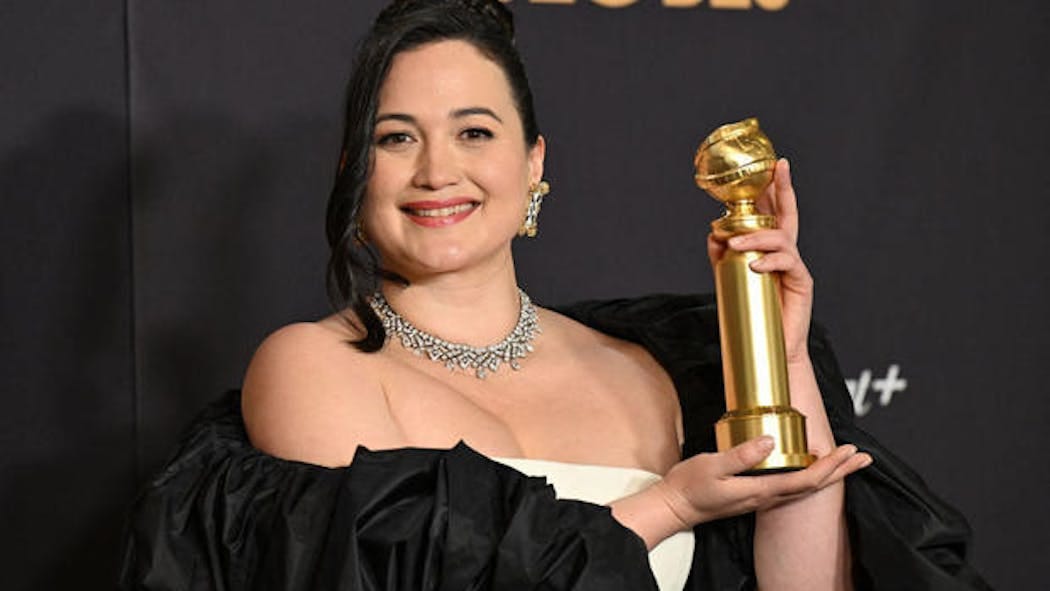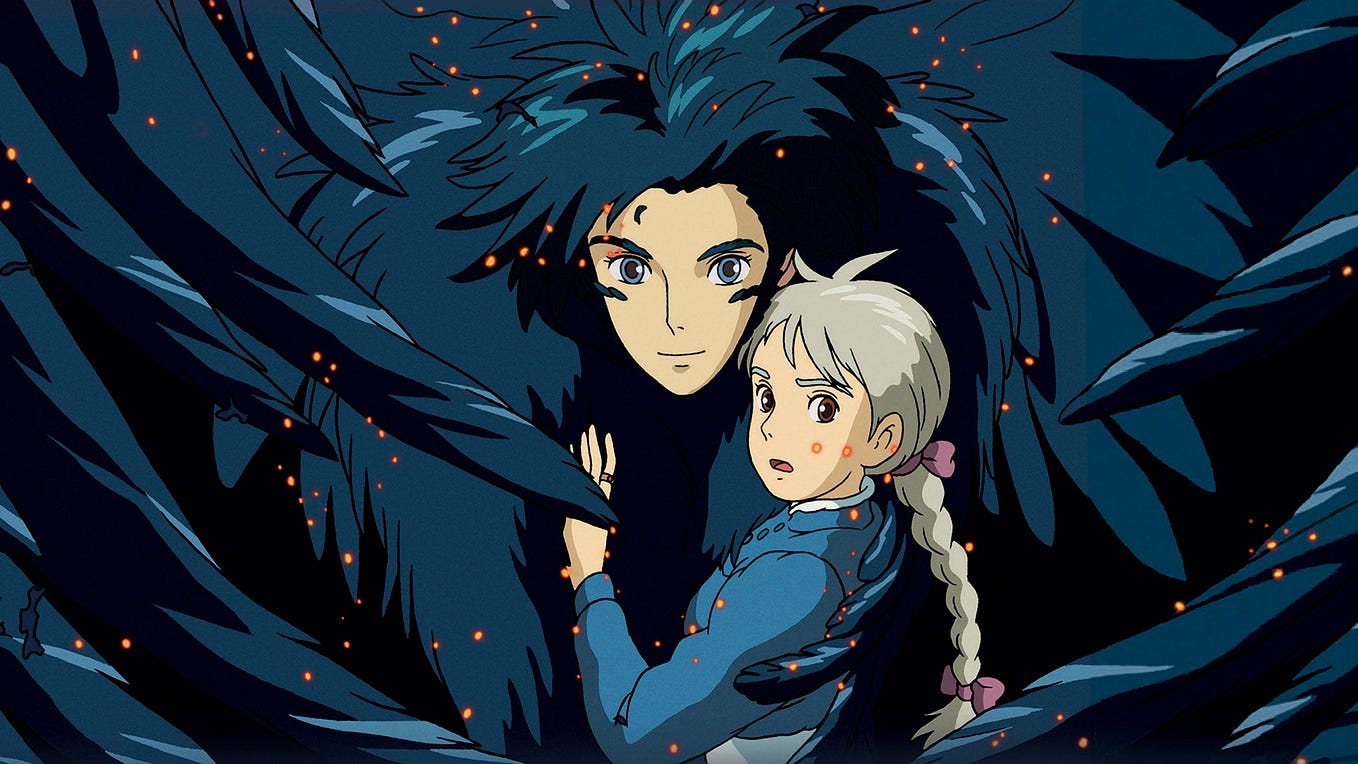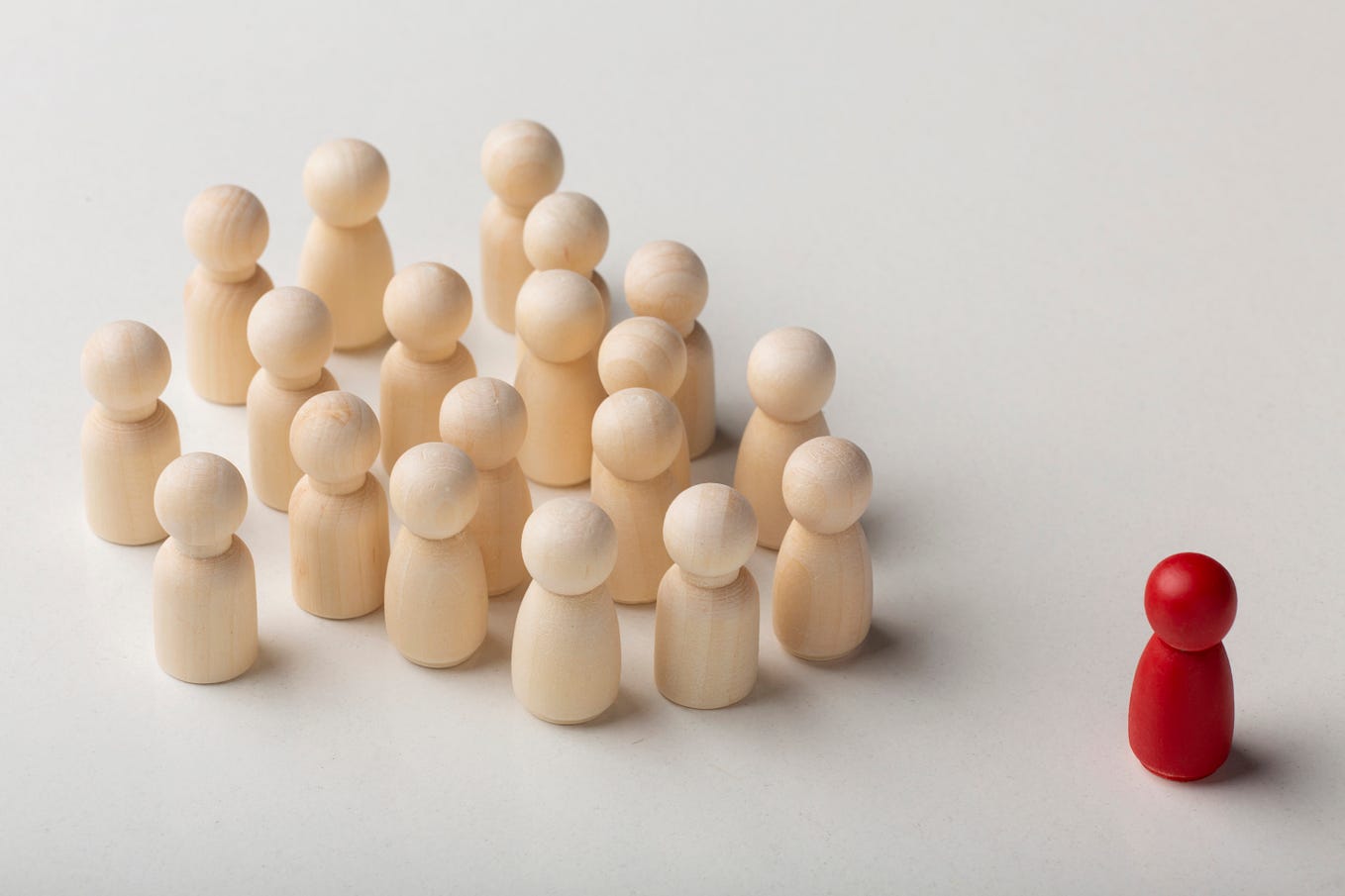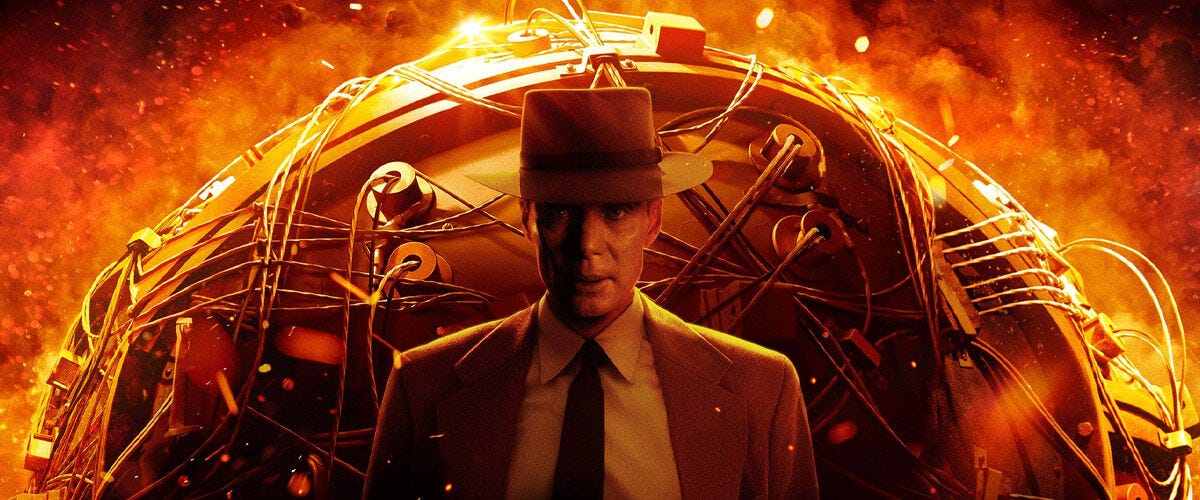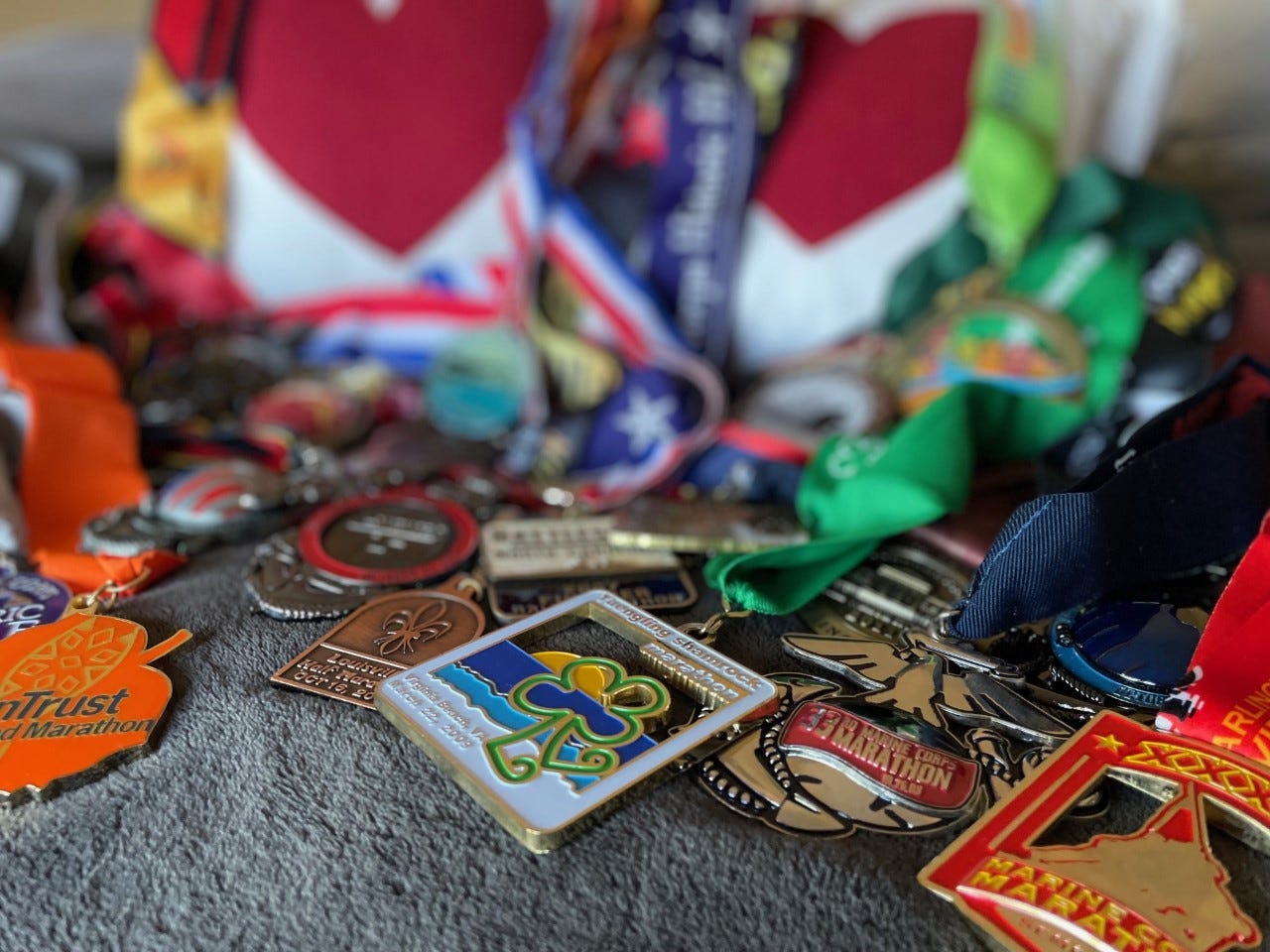Film Review — “Husbands and Wives” (1992)
Following in the footsteps of “Scenes From a Marriage” by the masterful Ingmar Bergman, Woody Allen offers a wise and witty analysis of modern day matrimony.
This brilliant, devastating film about the relationship highs and lows of two New Yorker couples is a Woody Allen classic.
Featuring Mia Farrow (the last of his films to do so) and released amid the chaos of their very public, acrimonious break-up, it is also a case of life imitating art as their onscreen characters brutally dissect the intricacies of their relationship.
Also starring Judy Davis and the late Sydney Pollack (both on sensational form as divorcing couple Jack and Sally), “Husbands and Wives” asks uncomfortable questions about romantic relationships. If an apparently happy couple can split up, is any relationship safe? Is anyone ever really satisfied? And does coupledom mean abandoning our fantasies of what love can be?
The film is shot documentary style, and clever use is made of “off camera” interviews with each of the protagonists to provide further insight on their motivations and viewpoint. It is a technique Woody Allen rarely employs in his films, but it is handled with a deft touch as action sequences are interspersed with (often very funny) character monologues. The deliberately twitchy camera style adds an additional layer of authenticity as though the cinematographer is zooming around the room trying to keep up with events as they unfold in real time.
This is particularly effective in the impressive opening sequence, filmed in one take by a single camera in which Jack and Sally cheerfully announce their separation to their horrified friends. “Please don’t not support us,” says Sally in her memorably direct manner; she insists their split is amicable and that their parting is about growth and mutual respect.
Except it’s not quite as straightforward, or as honourable, as all that. Jack’s been having an affair, for one thing — one of many is the implication — and with unseemly haste after leaving the matrimonial home for the final time, he quickly shacks up with a hot aerobics instructor half his age. He sees in this young woman a glorious second chance at life, and an opportunity to live in a more carefree manner than was possible with his highly-strung, highly-intelligent wife. Woody Allen’s character Gabe is appalled (“This is what you leave Sally for, a cocktail waitress!”) but in a way he’s at it as well, his head turned by one of his pretty students (played by Juliette Lewis, also on stellar form) who writes accomplished short stories with titles like ‘Oral Sex in the Age of Deconstruction’ and has a thing for older men (she has already seduced her father’s best friend and then her therapist).
Sally puts on a brave face — telling Judy (Farrow) at lunch and with a glint in her eye that she “loves being single” — but in fact she is a hot mess, and gloriously funny with it. She finds herself frequently “hyper-oxygenated” and — emotionally all over the place — can’t resist calling up Jack whilst on a date with another man to berate him for his duplicity (“I thought this was an experiment, I didn’t know it was final, I didn’t know you were having an affair!”).
It turns out that Jack and Sally are kidding themselves about quitting their marriage. In fact it is Judy and Gabe’s relationship which is drawing to a close and the scenes in which Allen and Farrow dissect what went wrong feel like we are being given intimate access to their real-life split. If the rumour is true and they filmed those final scenes shortly after the spectacular explosion of their own nuptials makes it all the more remarkable.
From the vantage point of these two relationships and the paramours to which the four key protagonists stray, “Husbands and Wives” is actually quite brutal in the frankness with which lays out how we all inevitably make a mess of our personal lives.
The lure of other attractive people — idealised, and not yet really known to us — is part of it of course, but it is also, says Allen, about the life we might have had were the circumstances different. All these characters share a commitment to a romantic ideal, but we’re left wondering at what cost. If we never close down the possibility that we’re already living it, can any relationship realistically survive?
And we’re damned if we do, damned if we don’t. Gabe hears the siren’s warning and hopes to return to the comfort and constancy of what he already has, but it is too late. Judy — played by Farrow with rich, contradictory complexity — is already emotionally out the door, her carefully hidden iron will ruthlessly asserting itself.
Jack meanwhile desires a return to his old life when the (as it turns out, actually quite annoying) fitness fanatic becomes less of a fantasy come true and more of a real-life disappointment, and his wish is granted. There is collateral damage, but he remains in tact. Unpunished, perhaps — but did he really do anything wrong in the first place?
In summary: “Husbands and Wives” is an achievement which will surely outlive the controversies of its creator.
Watch this stand out piece in Allen’s considerable back catalogue in readiness for when the great director is uncancelled and it is again acceptable to start talking about his films in polite conversation.
Niall Stewart is the author of The Beautiful Anatomy of Despair (2022). You can connect with him on Medium, Twitter and Instagram or via his website.
Want to start making money writing? Do it by signing up for a Medium Membership today.

